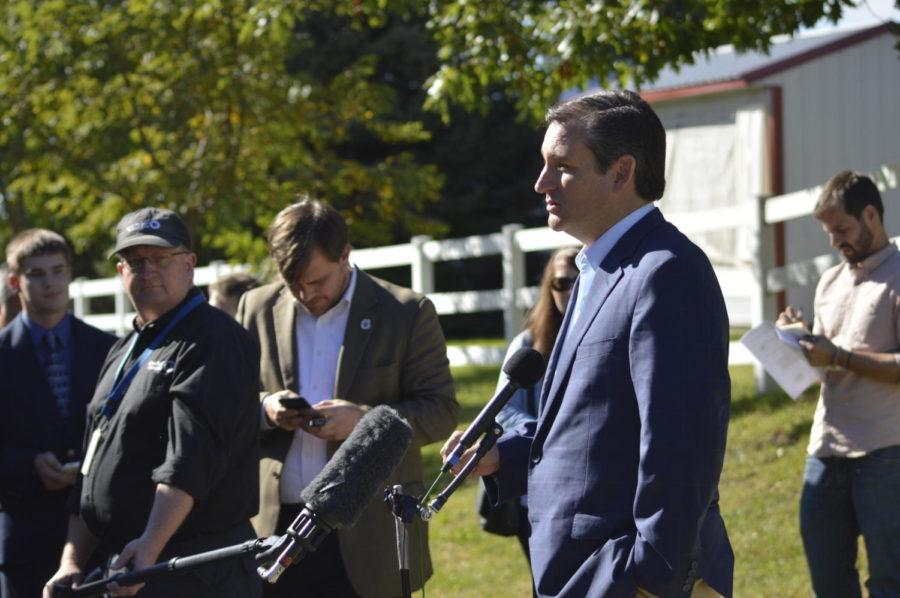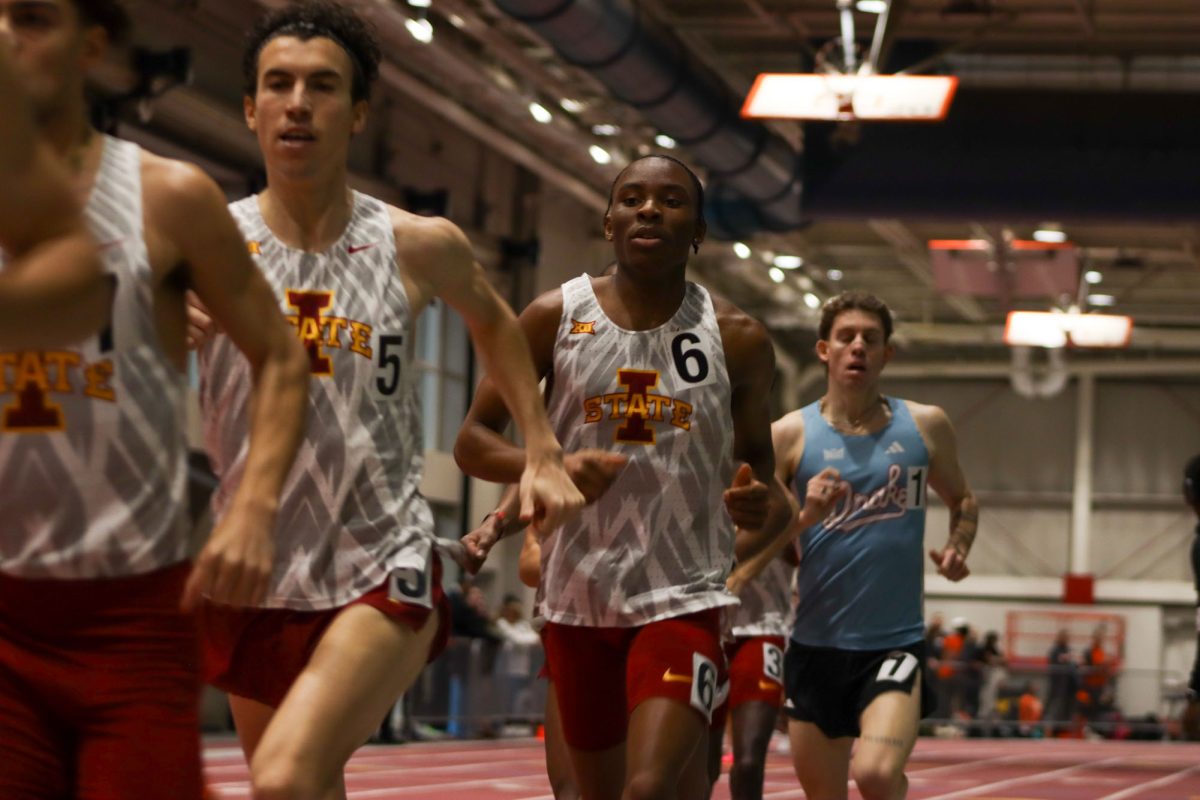How candidates are perceived in media can affect voters
September 29, 2015
With so many presidential candidates to keep an eye on and caucus season looming, picking a candidate to stand with could be a difficult task come this February.
What makes this task so difficult is that choosing a candidate based on policy alone isn’t as standard as it used to be.
Political candidates are seen in the public eye more often than not, which can take away from political agenda and subject them to strict scrutiny among their constituents.
Texas Sen. Ted Cruz amassed a large conservative following after his speech at the Faith and Freedom Coalition in Des Moines but was later booed on “The Late Show with Stephen Colbert” for arguing that marriage is a state decision not a federal matter.
Finally, a GOP candidate willing to invoke Ronald Reagan. http://t.co/OCrNFMnGKV #LSSC pic.twitter.com/fm9MG2rlMq
— The Late Show on CBS (@colbertlateshow) September 22, 2015
Cruz’s political agenda has been one that is very clear to voters. Mack Shelley, professor of political science, described Cruz’s style as a preacher-like cadence that stokes the fires of angry, skeptical government voters everywhere.
“There’s been a large block in the Republican electorate that resonates to this anti-government rhetoric and there are people like Cruz who deliberately go out of their way to make darn sure that things don’t work in government,” Shelley said. “It allows them to feed off this anger and stoke the flames, if you will. [Cruz has] been very successful in doing that.”
This style is nothing new in politics.
“This stuff doesn’t change over time. You basically have this right-wing conservative populism that has been a major strain in politics for a long time,” he said. “Cruz is tapping in to something that has been around for the better part of 300 years.”
Cruz isn’t at the top in national polls, but he continues to steal the spotlight at every conservative gathering he attends. The Faith and Freedom Coalition and the Values Voters Summit in Washington are just a few conservative gatherings where he continues to grow in support.
But Cruz and other politicians continue to receive scrutiny from voters and the media for being too brazen. Shelley said the word “politician” is said with a sneer most of the time and that politicians aren’t taken that seriously.
“Voters focus on party identification and how well they can perceive a candidate as honest, intelligent and as a leader,” Shelley said. “But coming across as honest is something that continues to grow harder each election.”
Michael Bugeja, director of the Greenlee School of Journalism and Communication, said determining what is true or false that a candidate says is very hard.
Bugeja said an audience can lose respect for a candidate because it can’t recognize if what is being said is factual, or said through a script.
Just like political candidates mustering votes through anger is nothing new, audience disrespect is nothing new in politics.
“American politics has always been an uncivil process,” Bugeja said. “From the beginning of our republic, John Adams and Thomas Jefferson threw barbs at each other all the time. The current discourse pales in comparison to what they used to say to each other.”
Bugeja said voters looking for honesty should look forward to the Iowa Caucus in February because events like that are hard to script.
“The only way to find authenticity is through a debate,” he said.







